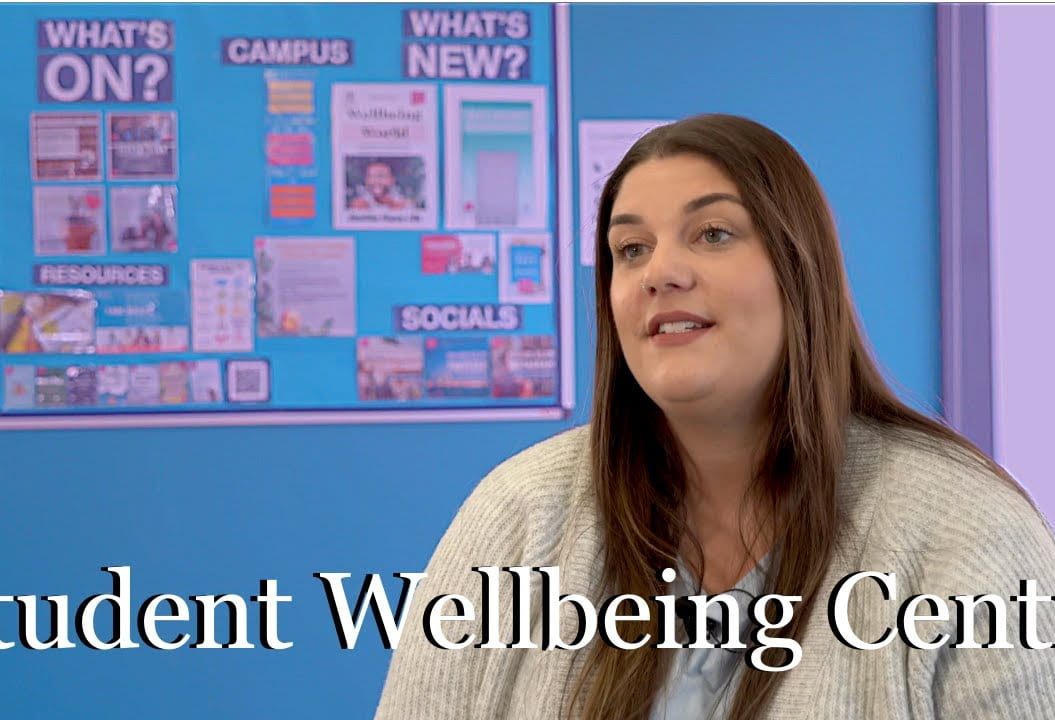I'm Shannon Butcher, a third-year student at the University of Lincoln. I study journalism and have pursued this field because I enjoy writing, informing or educating others and having the ability to discover interesting stories. Outside of university, I live…

You got through first-year in one piece and by second-year you were a pro at this student-business. But try not to get too comfy just yet. Whether third-year’s on the horizon, or you’ve just entered the fray of your final year (like me) you’re going to be faced with a whole lot of new challenges.
So, how is third-year any different? Well, I would be surprised if you haven’t heard the dreaded dissertation word by now, and although it is not the only change, dissertations are often at the forefront of any final year discussion.
If there is any definitive advice I would give to future third-years, is to prepare, prepare, prepare. Every student on every course will have to complete a dissertation of some kind, whether it be through a performance, project or a good-old written thesis. Find out the requirements and what’s expected of you before you leave for summer. You may need to complete a proposal, which is essentially an essay for a bigger essay, or you may just need an idea. Talk to your lecturers, or if you have one get into contact with your dissertation tutor.
The summer between second and third-year is a great time to really get stuck into a topic you wish to focus on for your dissertation and to get a lot of valuable research done. Look up statistics, do surveys, see if there is a market for your dissertation and think about why it should even exist. At this point essays and Harvard referencing should be so well ingrained into you that you can write a bibliography in your sleep, so compiling a good reference list is always a step in the right direction.
Now that the big dissertation part is out of the way, what else changes in third-year?
Academically, you get to specialise even further in the modules you prefer – whether they continue from the previous year or a new area opens up. This also means that you won’t be at university as much as you were the before, although, this is subject to your course.
Don’t think that all those empty slots littering your timetable are a free ride for doing nothing though, as we all wish it was. It became blatantly clear how much of my time outside of university would be spent at my desk, doing work. Whether it be dissertation or module work, organisation and discipline are key to keeping on top of your workloads.
If at any point you begin to get overwhelmed, do not let it build up. Get into contact with your lecturers and tutors to discuss your options or to help you make a plan for your work. If you’re struggling with the added stress of third-year and it’s affecting your mental health, head down to the Wellbeing centre for advice.
It can be a busy time for anyone, but amongst all your studying and referencing, always remember to put aside some time for yourself. Do what you enjoy doing, see your friends, talk to your family, don’t let your work isolate you. Socialising is just as important to productivity as a discipline.
For me, I plan week-by-week the work I need to prioritise, including deadlines and the size of the project, as well as a day or two a week that I have for a break from work. It’s great for clearing your mind and having a fresh perspective on your work when you come back to it.
This is the last year of university for most of us and the prospect of leaving the safety net it provides can be incredibly daunting, but you are not alone. The university does not want you to leave without having stable footing, that is exactly why there is a Careers Service. They offer year-round aid to students looking for some help with everything from CV’s to starting your own business. They hold seminars and workshops which are free to attend, you just need to pre-book.
If you want to know more about the changes that come with entering third-year, have a look at James Burtenshaw’s vlog. He’s sure to have his own advice and tips.
- Topics
- Undergraduate




